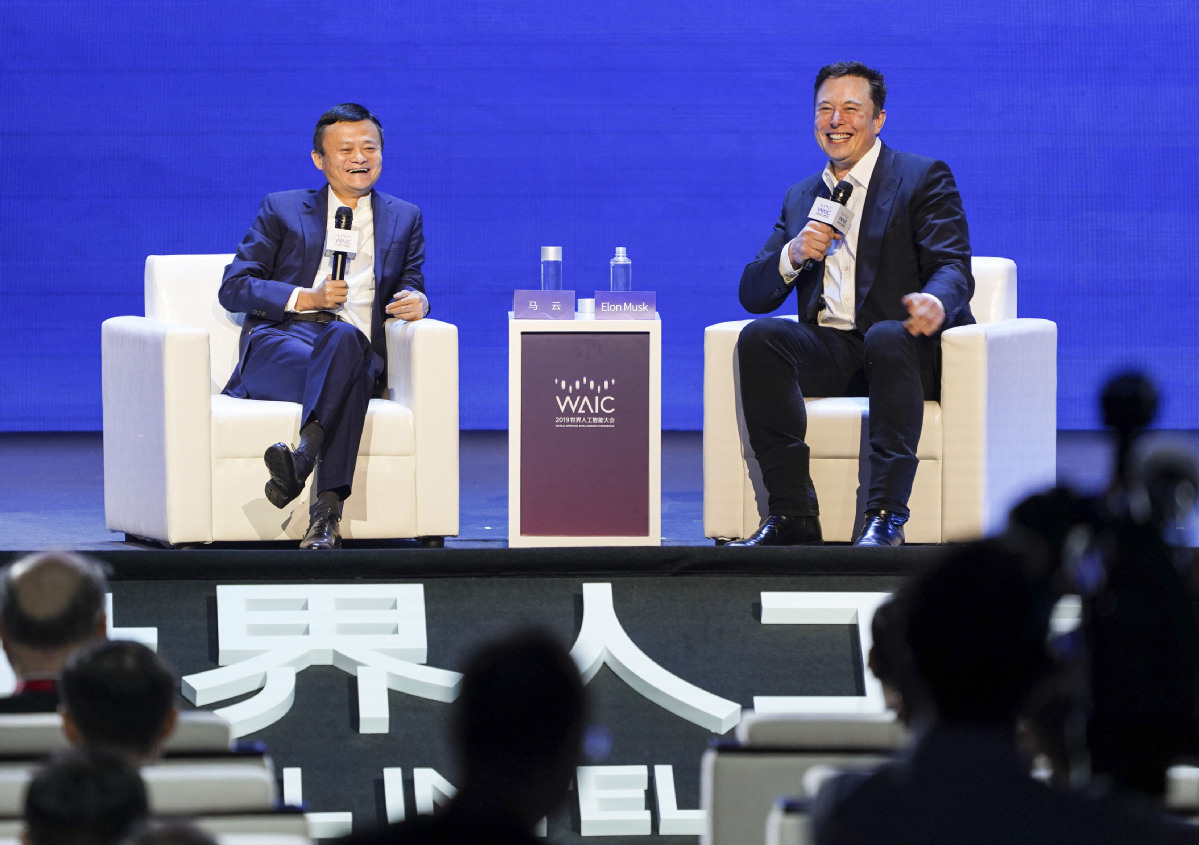Shanghai striving to be nexus of artificial intelligence development


Shanghai is on course to build itself into an artificial intelligence nexus with global influence by fostering research and development platforms, industrial clusters and pilot projects, the city's Party secretary Li Qiang said on Thursday.
Speaking at the opening ceremony of the second World Artificial Intelligence Conference in Shanghai, Li stressed the importance of "openness", "innovation" and 'inclusiveness" in achieving the long-term AI ambitions of the metropolis.
Efforts to catapult Shanghai to the AI front line include establishing cutting-edge innovation platforms that can accommodate various application scenarios, piloting some of the latest AI research in the city and making breakthroughs in AI data sharing, technology promotion and market access, he added.
Li said that Shanghai has chosen AI as a strategic priority and has taken frequent measures to accelerate AI's development by forging a benign ecosystem featuring comprehensive production factors, openness and coordination.
Earlier achievements in pushing the AI revolution forward include setting up fundamental research platforms in realms like brain science and integrated circuits, expanding industrial clusters that can house a growing number of industry titans and local startups and accelerating construction of a national pilot program, he said.
Li predicted that AI will further unleash huge accumulated energy through various rounds of scientific, technological and industrial development, and serve as the major engine powering and elevating productivity.
During the opening ceremony, Alibaba Group Chairman Jack Ma and Elon Musk, CEO of Tesla, had a 45-minute discussion on AI and human life.
Vice-Minister of Industry and Information Technology Wang Zhijun said during the conference that China is willing to carry out pragmatic cooperation with other countries in AI technology, data sharing and application markets.
He said China highly welcomes multinational corporations and foreign institutes to set up AI R&D facilities in China and to strengthen cooperation and exchanges in technology development and industrialization.
He also called for enterprises to enrich AI's application scenarios and materialize innovative technologies by participating in dedicated AI pilot zones.
To turn technologies into real-life solutions, the city unveiled innovative AI application "racecourse programs" aimed at soliciting world-class solutions in areas including smart connected vehicles, medical-imaging-assisted diagnoses, visual image identity recognition and smart sensors.
The conference also saw the release of the National Open Innovation Platform for Next-Generation AI. Ten leading AI companies including Yitu, Xiaomi and Megvii were chosen to lead the way in related research and applications in AI subfields.
Internet giant Tencent has placed much of its AI-related business units and programs in Shanghai, including its computer vision research arm YouTu Lab, cybersecurity specialist Tencent Keen Security Lab and several medical AI projects, said Chairman Pony Ma.
"We are in full swing to help Shanghai build itself into a global capital of esports, and support the digital transformation of the municipal government by constructing a financial risk pre-warning platform and a smart market supervision platform," Ma said.
Shanghai's AI ambitions were first outlined in a municipal plan issued in November 2017, when municipal authorities pledged to expand the scale of the industry to more than 100 billion yuan ($14.2 billion) by 2020.
The goal was then taken up a notch thanks to the decision by the central government in May to build the nation's first pilot zone for the innovation and application of AI in Shanghai.






































